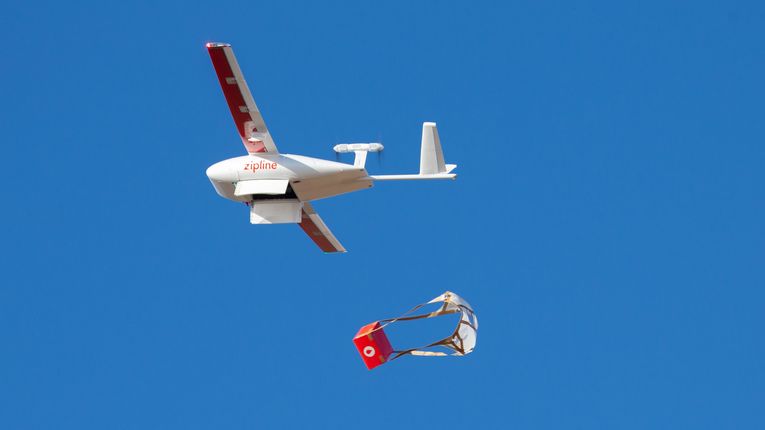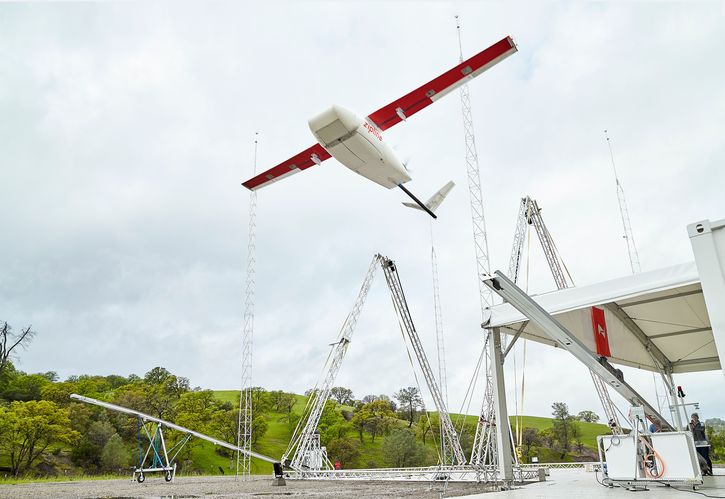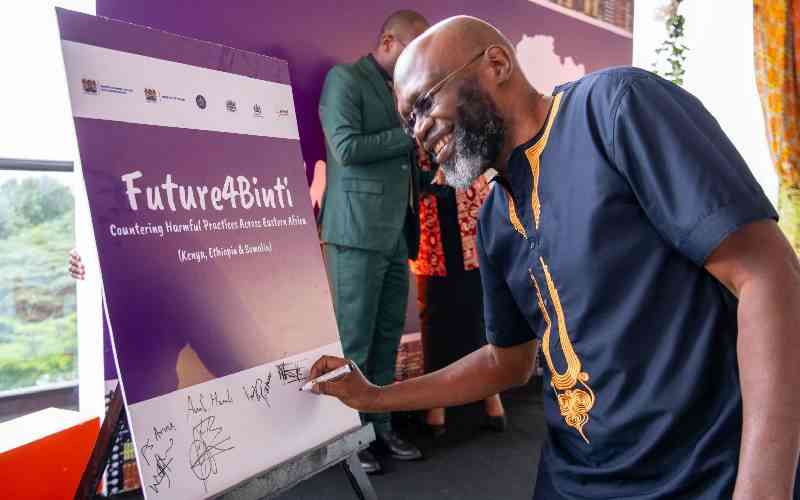
Drones are fun. Ask any techie. Chances are if they don’t already own one, it is on their wish list and saving for it.
And besides spying on your next door neighbour and taking great panoramas, the beautiful aerodynamic creation has made its way into the medical world where it is saving lives too.
Fact is, healthcare across Africa has a long way to go; from the infrastructure to enough medical personnel. We have all read stories about mothers dying while waiting for delivery interventions in remote areas. Or slow delivery of urgently needed blood for transfusions and medicines.
Enter the drone technology that is soon making its way into Kenya. The technology has been in operation in Ghana and Rwanda. Vaccines, blood units and more recently, testing kits for Covid-19 have been delivered where they are urgently needed. An organisation called Zipline Company has been facilitating this.

How does it work?
Simply put, the drone is prepped and packed with the kits to be delivered and then it is launched. The drones work hand in hand with the air traffic controls of a country to avoid collisions with planes. Once the drone reaches its destination -- a predetermined point convenient to the customer -- it releases the package which is attached to a small parachute.
The drone adjusts its release point based on real-time wind data so that the package floats safely and precisely to its destination. After delivery, the drone returns and is quickly prepped to fly again.
· They are fast. These specific drones are much faster than the typical ones thanks to the GPS satellite being located on the battery.
· In case of any problems with the device, diagnostics can be easily done.
· They are a sure bet since they have two of everything to ensure that if one component fails, the other functions.
Usually, for such technology to be used in a country, approvals from the government are required to facilitate all the requirements from civil aviation to ministry of health.
 The Standard Group Plc is a multi-media organization with investments in media
platforms spanning newspaper print
operations, television, radio broadcasting, digital and online services. The
Standard Group is recognized as a
leading multi-media house in Kenya with a key influence in matters of national
and international interest.
The Standard Group Plc is a multi-media organization with investments in media
platforms spanning newspaper print
operations, television, radio broadcasting, digital and online services. The
Standard Group is recognized as a
leading multi-media house in Kenya with a key influence in matters of national
and international interest.











